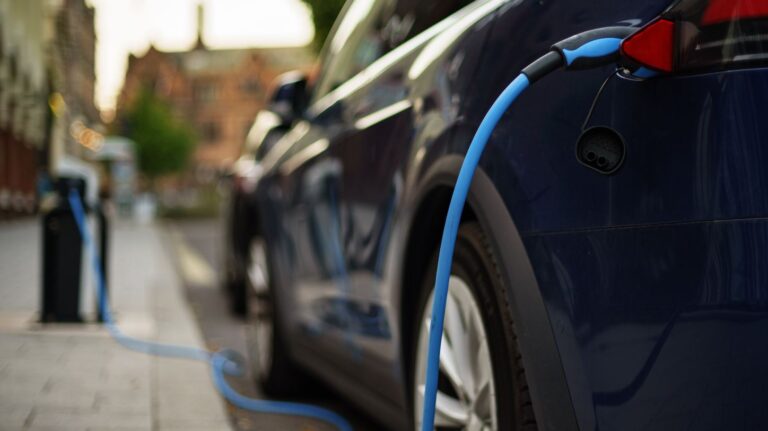The UK government has addressed the recommendations made by the House of Lords’ Environment and Climate Change Committee in its ‘EV strategy: rapid recharge needed‘ report, including a call for a reduction in the VAT rate applied to public electric vehicle (EV) charging.
The House of Lords report, published in February 2024, outlined recommendations that the committee felt would allow the UK to achieve “a successful transition to EVs”, which it deemed “essential if the government is to meet its legally-binding net zero target by 2050”.
The government agreed with several of the report’s recommendations, including that it should be more proactive in communicating “clear, authoritative and trustworthy” information about the positives of transitioning to EVs. The government acknowledged the importance of this and pointed toward guidance documents it has published on EVs, emphasising that it is is also “taking proactive action to counter inaccurate information presented by the media on the subject of EVs, when this arises”.
It also agreed with the sentiment that “to ensure maintenance costs remain reasonable, there must be enough skilled mechanics trained to maintain EVs”. In response, the government noted that the number of EV-qualified technicians in the UK has “risen rapidly”, with more than 52,000 individuals (22% of all technicians) currently qualified to work on an EV, according to the Institute of the Motor Industry. It said it has endorsed schemes to train technicians to safely repair EVs and said that the ZEV mandate, which was passed into law in January, “will ensure the flow of new EVs into the UK market, providing certainty for businesses and individual mechanics to invest in upskilling”.
Furthermore, the government agreed that it should “set and communicate clear timelines and deadlines for the Local Electric Vehicle Infrastructure (LEVI) fund and provide sufficient time for application preparation”. It responded by saying it “endeavours to communicate clear timelines and deadlines as soon as practical” and “has taken on board feedback from Tranche 1 of the LEVI fund and extended the time available for local authorities to apply to Tranche 2 of the fund”.
Among the recommendations that the government expressed disagreement with was the suggestion that the government “explore options for equalising the VAT differential between public and domestic charging by reducing the 20% VAT rate applied to public charging to 5% in line with domestic electricity”.
Explaining its stance on the matter, the government said: “VAT is a broad-based tax on consumption and the 20% standard rate applies to most goods and services. Whilst there are exceptions to the standard rate, these have always been limited by both legal and fiscal considerations.
“In recognition of the fact that families should not have to bear all the VAT costs they incur to meet their needs, the supply of energy for domestic use, including electricity, attracts the reduced rate of VAT (5%). Whilst this relief was not designed or introduced for charging EVs at home, this relief applies for all uses of domestic energy. Electricity supplied at EV charging points in public places is subject to the standard rate of VAT (20%).
“Expanding the VAT relief already available would impose additional pressure on the public finances to which VAT makes a significant contribution. Although there are no current plans to change the VAT treatment of electricity supplied at public EV chargepoints, the government keeps all taxes under review.”
Following the government’s response to the inquiry, its chair, Baroness Parminter, said: “Whilst we welcome the government’s acceptance of some of the recommendations in our report, it is particularly disappointing that it is not committing to incentivising the purchase of more EVs, equalising the VAT differential between public and domestic charging, or addressing our concerns about barriers to charging in multi-occupancy buildings.
“If implemented, these recommendations would help people to adopt EVs and ensure a smoother journey towards net zero. Peers will keep urging the government to do more, as otherwise the EV revolution is a non-starter.”
Achievements and innovations in EV charging infrastructure will be celebrated at the third annual CiTTi Awards, which will be held on 26 November 2024 at De Vere Grand Connaught Rooms in London. Nominations are open now! Please visit www.cittiawards.co.uk to learn more about this unmissable event for the UK’s transportation sector.





